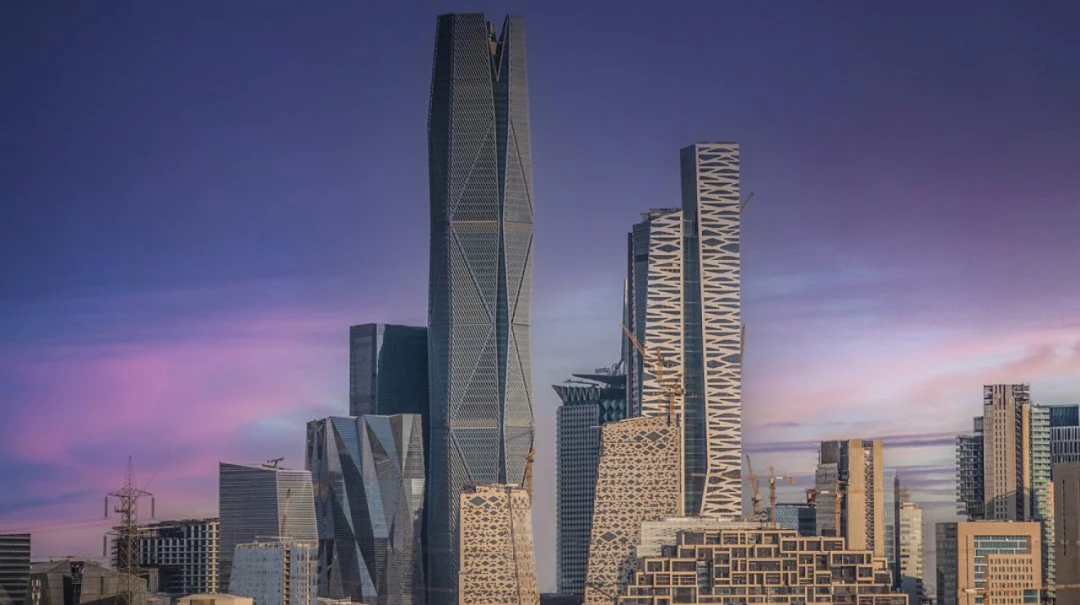Non-oil activities in Saudi Arabia currently account for 50% of the Gross Domestic Product (GDP).
According to the Ministry of Economy and Planning in Saudi Arabia, non-oil economic activities contributed 50% to the Gross Domestic Product in 2023, reaching the highest level in history. Driven by continued growth in investment, consumption, and exports, the non-oil GDP reached $453 billion at constant prices. Private investment has seen unprecedented performance in the last two years, with a growth rate of 57%, reaching a historic high of $255 billion in 2023.
The growth of non-oil activities has been led by arts and entertainment, which more than doubled in value between 2021 and 2022. Other activities such as accommodation, food services, transportation, and warehousing recorded strong growth rates of 77% and 29% respectively. The growth of non-oil activities in 2023 was notable for its diversity and momentum. Social services such as health and education recorded growth of 10.8%, followed by transportation and communication at 3.7%, and trade, restaurants, and hotels at 7%.
Real service exports, represented by tourist spending, saw a historical growth rate of 319% over the past two years, reflecting the significant impact of Saudi Arabia's transformation into a global tourism and entertainment destination and driving the process of economic diversification.
Increasing the proportion of non-oil economic activities in the total GDP is a key goal of Saudi Arabia's Vision 2030, which aims to achieve economic prosperity by separating the growth engine from hydrocarbons.
A senior official stated that Saudi Arabia may double its hotel room capacity in the next 10 years to meet the growing number of religious tourists.
Elie Maalouf, CEO of InterContinental Hotels Group Hotels and Resorts, stated in an interview with "Arab News" that as the Kingdom of Saudi Arabia is developing into a global tourist destination, the available capacity is insufficient to meet Saudi Arabia's growing demand.
"Religious travel is a unique part of the kingdom and continues to grow. In fact, we know today that we cannot accommodate all the potential of religious travel. Therefore, over the next decade, we may need twice as many hotel rooms as we currently have in the kingdom," Maalouf said.
He noted that two new hotels from the InterContinental Hotels Group will be named Regent and InterContinental and will be built in the King Abdullah Financial District, expected to open in 2027.

According to data from the Saudi Ministry of Finance, non-oil revenues in Saudi Arabia have grown by 193% over the past seven years, with the internal factors of the "Vision 2030" and implementation of transformation plans driving growth. The global real estate consulting firm, Le Frond Real Estate Brokers, said that Saudi Arabia is on track to become the world's largest construction site after launching the "Vision 2030" plan in 2016.

